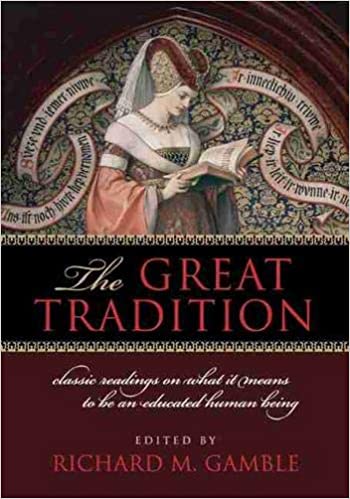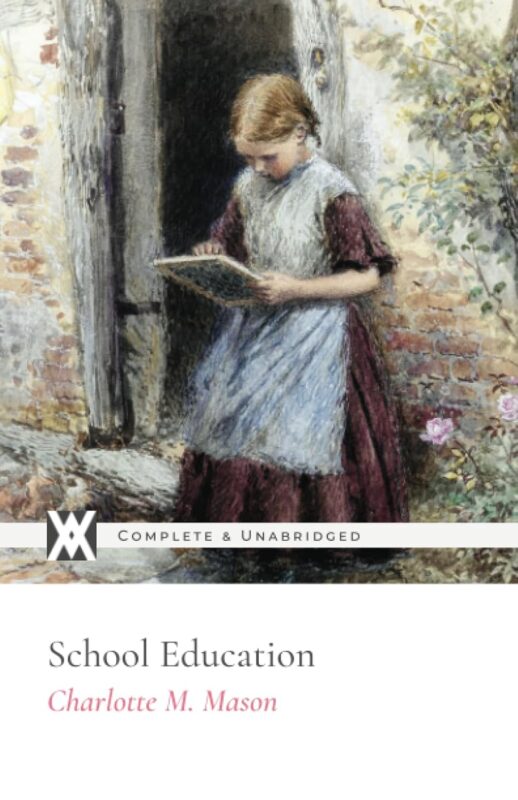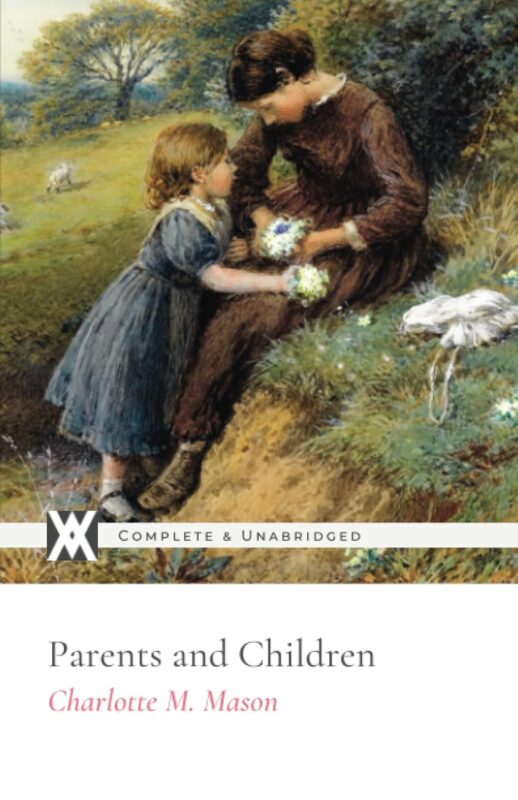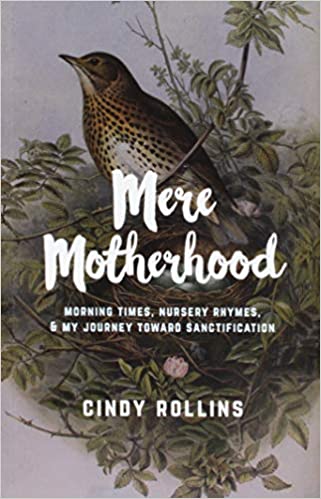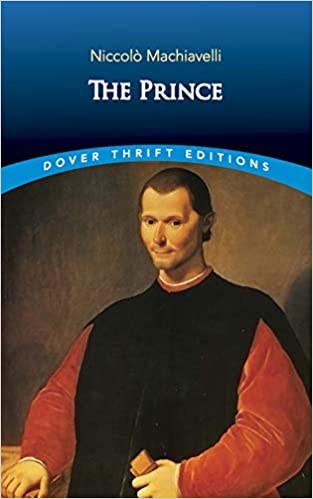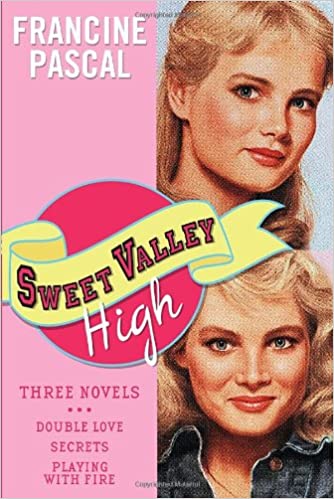The Great Tradition: Classic Readings on What It Means to Be an Educated Human Being
Frustrated with the continuing educational crisis of our time, concerned parents, teachers, and students sense that true reform requires more than innovative classroom technology, standardized tests, or skills training. An older tradition—the Great Tradition—of education in the West is waiting to be heard. Since antiquity, the Great Tradition has defined education first and foremost as the hard work of rightly ordering the human soul, helping it to love what it ought to love, and helping it to know itself and its maker. In the classical and Christian tradition, the formation of the soul in wisdom, virtue, and eloquence took precedence over all else, including instrumental training aimed at the inculcation of "useful" knowledge.
Edited by historian Richard Gamble, this anthology reconstructs a centuries-long conversation about the goals, conditions, and ultimate value of true education. Spanning more than two millennia, from the ancient Greeks to contemporary writers, it includes substantial excerpts from more than sixty seminal writings on education. Represented here are the wisdom and insight of such figures as Xenophon, Plato, Aristotle, Seneca, Cicero, Basil, Augustine, Hugh of St. Victor, Bonaventure, Thomas Aquinas, Martin Luther, John Calvin, Erasmus, Edmund Burke, John Henry Newman, Thomas Arnold, Albert Jay Nock, Dorothy Sayers, C. S. Lewis, and Eric Voegelin.
More info →Charlotte Mason’s School Education (Book 3 of the Home Education Series)
After teaching about educating young children (up to the age of nine) in Home Education, Charlotte Mason turns her attention to 9-12 year-olds in School Education. Along with examples of books and exams she instructs us on:– The rights of children– The value of holistic education– How to help your child learn for themselves– How to develop the whole person– The importance of living books in education– How grades and rewards kill curiosity
More info →Charlotte Mason’s Parents and Children (Book 2 of the Home Education Series)
This edition of Charlotte Mason’s Home Education Series is presented complete and unabridged, retaining the pagination of the original to make research and referencing easy. All the books have been fully transcribed and formatted using a clean and easy-to-read font so that there’s no excuse not to read these revolutionary works.In the second volume of her Home Education Series, Charlotte Mason collects some articles written for the Parent’s Review magazine written to encourage and instruct parents. Subjects discussed include:– The role of parents in guiding and inspiring their children– How to help children grow a good character– Parents responsibility in teaching Children about God– How to be gentle rather than harsh in discipline– How to deal with character flaws– Why we should teach children ‘why’
More info →Mere Motherhood: Morning Times, Nursery Rhymes, and My Journey Toward Sanctification
It was back in the 1980's when Cindy Rollins, then a new mom in search of the best ways to teach her baby son, first heard about homeschooling. Thirty years and nine children later, Cindy has become a popular blogger, podcaster, and award-winning teacher. This is her story. It's a story of big families and cross-country moves and small-town living. It's about great books and morning times and nursery rhymes. It's the story of a dedicated mother's journey toward the Truth and the family she brought along with her.
More info →The Prince
As a young Florentine envoy to the courts of France and the Italian principalities, Niccolò Machiavelli (1469–1527) was able to observe firsthand the lives of people strongly united under one powerful ruler. His fascination with that political rarity and his intense desire to see the Medici family assume a similar role in Italy provided the foundation for his "primer for princes." In this classic guide to acquiring and maintaining political power, Machiavelli used a rational approach to advise prospective rulers, developing logical arguments and alternatives for a number of potential problems, among them governing hereditary monarchies, dealing with colonies and the treatment of conquered peoples. Refreshing in its directness, yet often disturbing in its cold practicality, The Prince sets down a frighteningly pragmatic formula for political fortune. Starkly relevant to the political upheavals of the 20th century, this calculating prescription for power remains today, nearly 500 years after it was written, a timely and startling lesson in the practice of autocratic rule that continues to be much read and studied by students, scholars and general readers as well.
More info →
